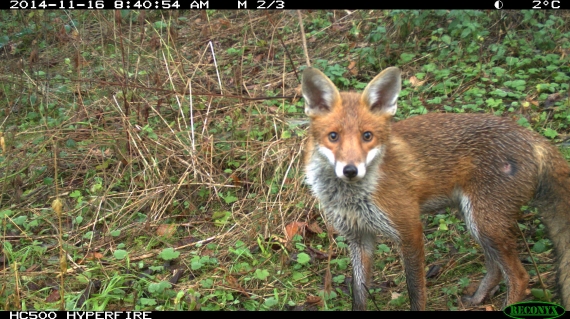MammalWeb revolutionising wildlife monitoring with AI

MammalWeb, a citizen science project developed by Durham University, is transforming how we monitor and understand mammal populations. With the integration of artificial intelligence (AI), the project is making the process of analysing wildlife images faster, more efficient, and accessible to a wide range of users.
The project relies on contributions from citizen scientists and organisations who submit camera trap footage, collectively building one of the most comprehensive datasets on UK mammal activity. To date, MammalWeb has amassed over 440,000 classified sequences and videos from more than 2,500 locations, capturing a range of native and non-native species.
Camera traps placed in woodlands, fields, and urban green spaces generate vast quantities of images, offering a unique glimpse into mammal activity. However, sorting through these images to identify species can be time-consuming. Our researchers have developed advanced algorithms to automatically recognise animals in camera trap images and filter out irrelevant ones.
This enables MammalWeb to handle much larger datasets, improve the speed of data processing and also reduce the burden on volunteers and researchers. By combining AI classifications with human input, the system is continuously improving its accuracy and reliability, even when dealing with tricky scenarios such as poor lighting or partially obscured animals.
The insights generated by MammalWeb are helping to inform strategies on wildlife conservation, land management and mitigating the impacts of climate change.
Impact Acceleration Accounts
This project has been funded through Impact Acceleration Accounts (IAAs). These strategic awards from UK Research and Innovation provide funding to research organisations to use creatively for a wide range of impact activities.
IAAs allow research organisations to respond to opportunities in flexible, responsive and creative ways that align with their institutional strategies and opportunities.


/prod01/prodbucket01/media/durham-university/external-location-photography-/city-shots-/82922-1-1920X290.jpg)